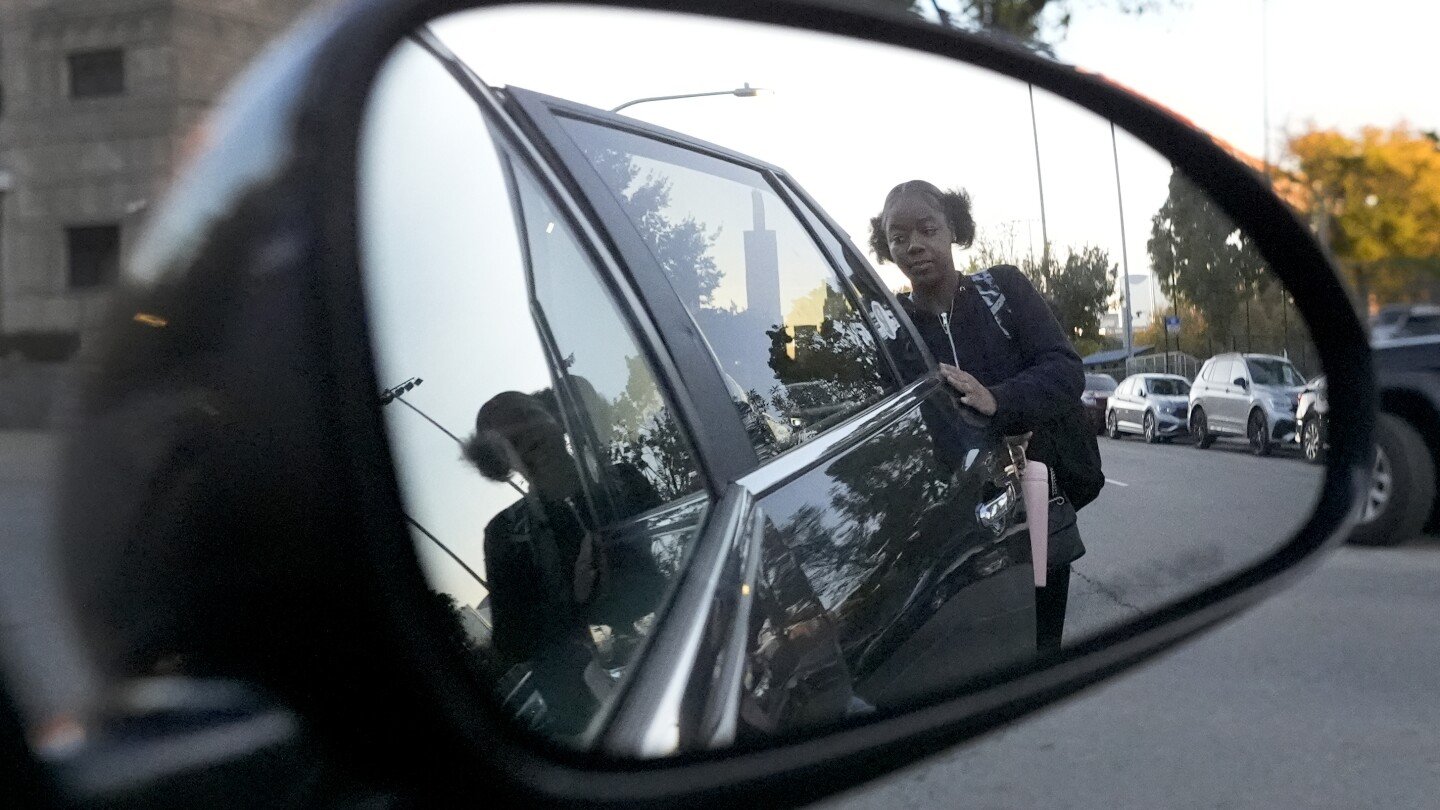Summary
School districts across the U.S. are reducing bus services due to driver shortages and shifting transportation responsibilities to families, disproportionately affecting low-income households.
In Chicago, where only 17,000 of 325,000 students are eligible for buses, parents are turning to alternatives like ride-hailing apps.
Startups such as Piggyback Network and HopSkipDrive provide school transportation by connecting parents or contracting directly with districts, offering safety measures like real-time tracking and driver vetting.
Critics warn these solutions don’t fully address systemic inequities, as many families still struggle to afford or access reliable school transportation.



Will taxes that used to cover bussing go down? Or is that money just going into pockets while the common person pays even more to get their kids to school?
Well, we just voted down all the levies to build new schools. So it’s not like the schools are getting that money.
(If funding stays the same but students double, they have less money.)
Not in Chicago that’s for sure. The city where you have to pay an ‘entertainment tax’ on your Netflix subscription.
Yup.
In Philly they pay the parents to take their kids to school